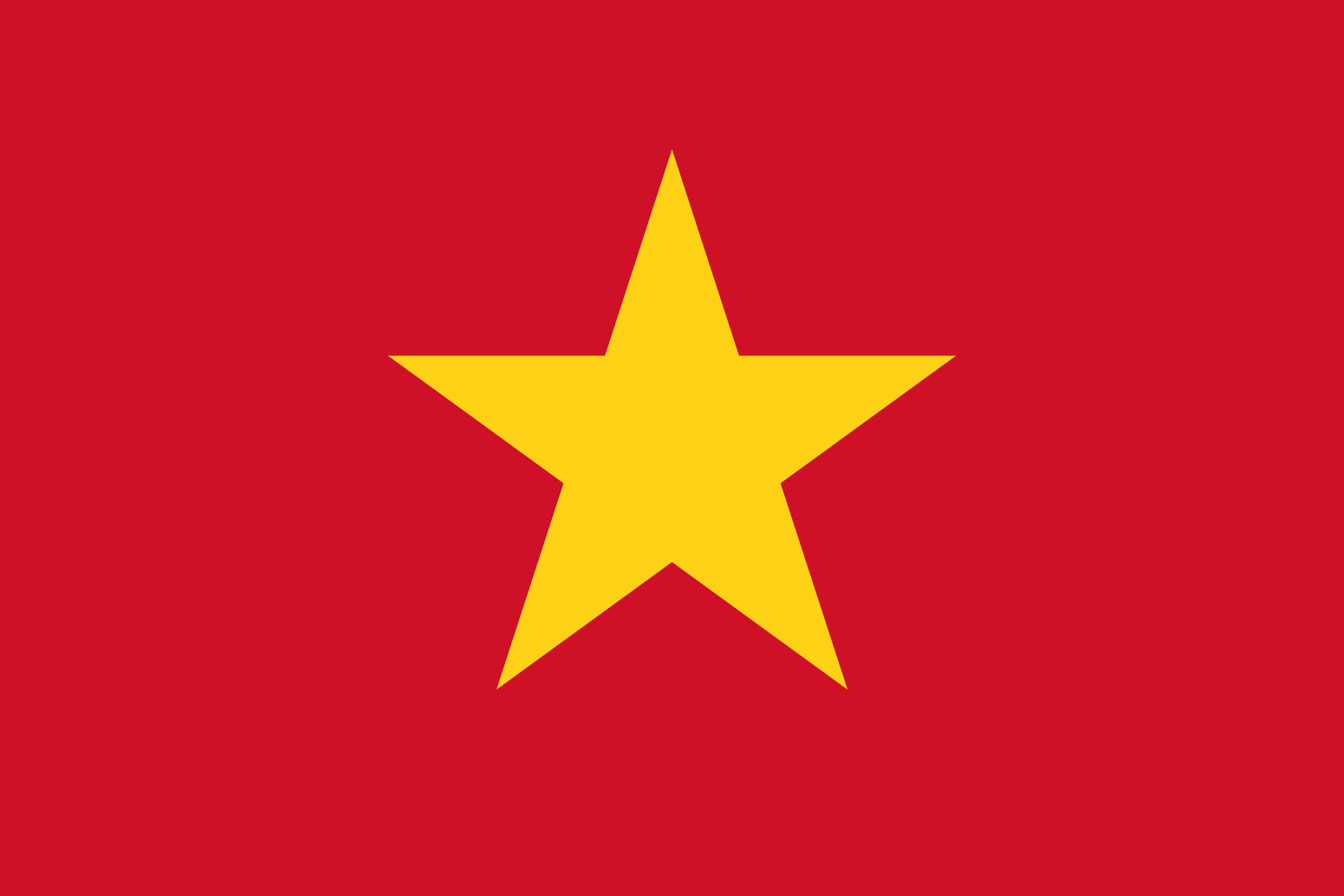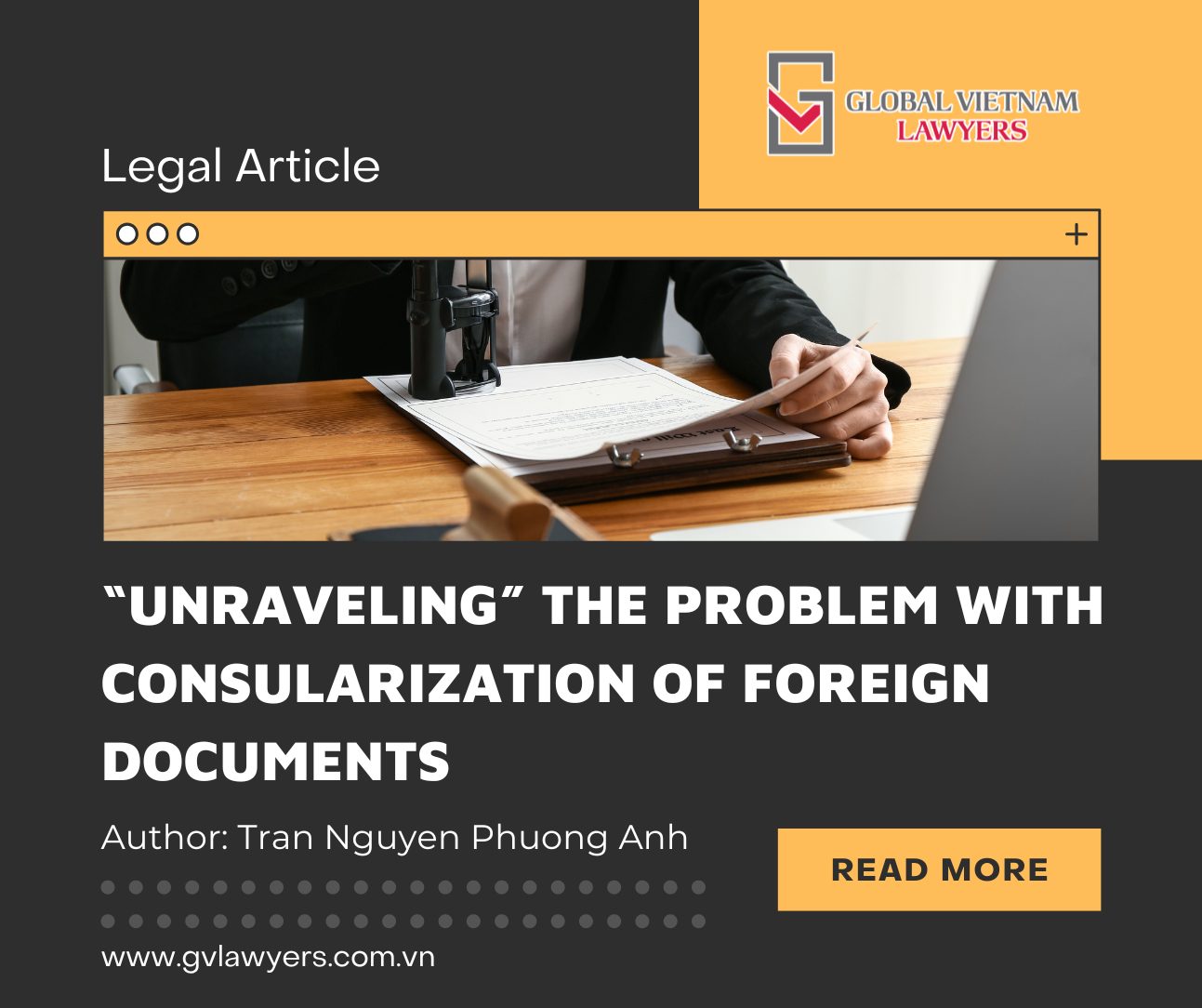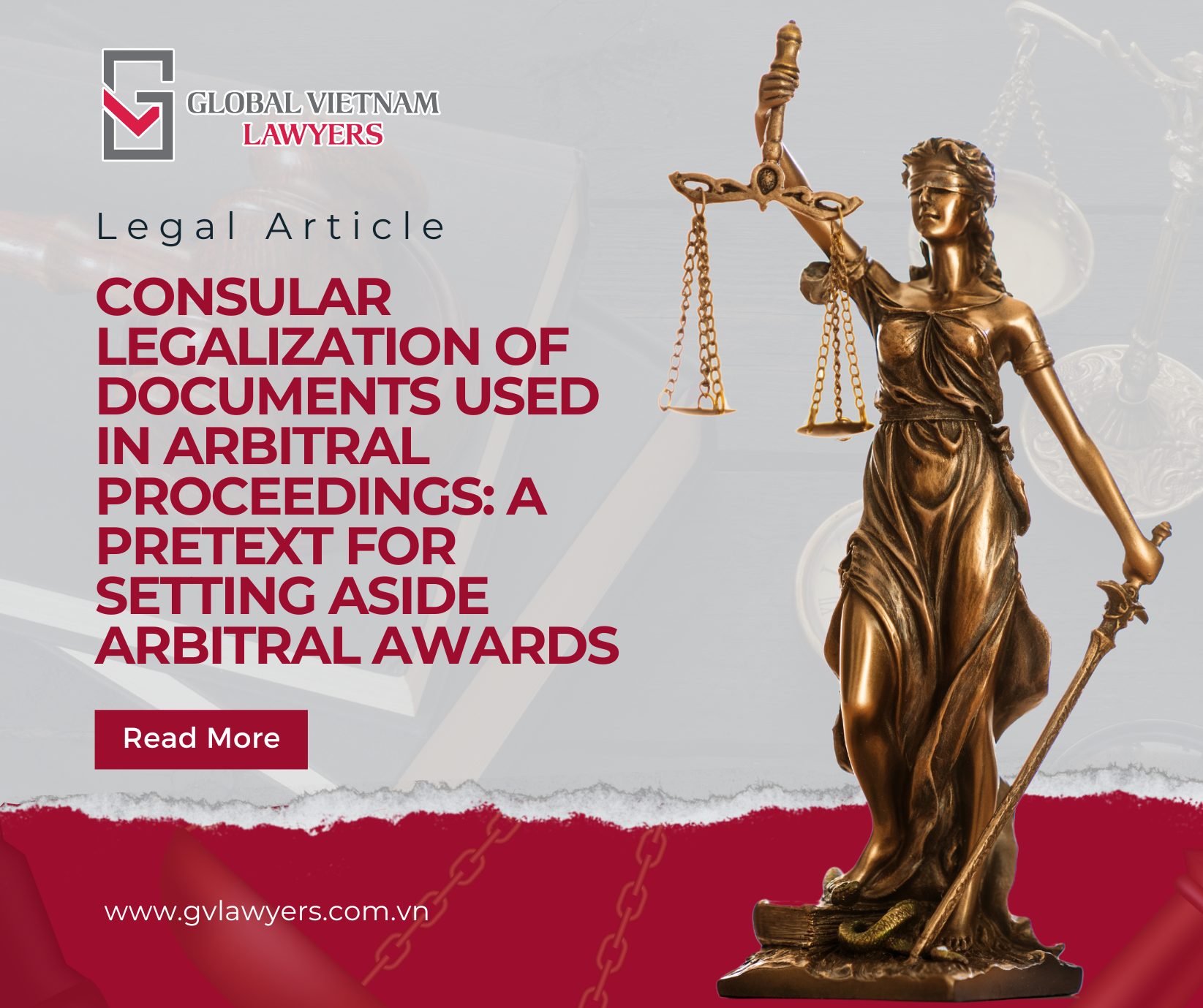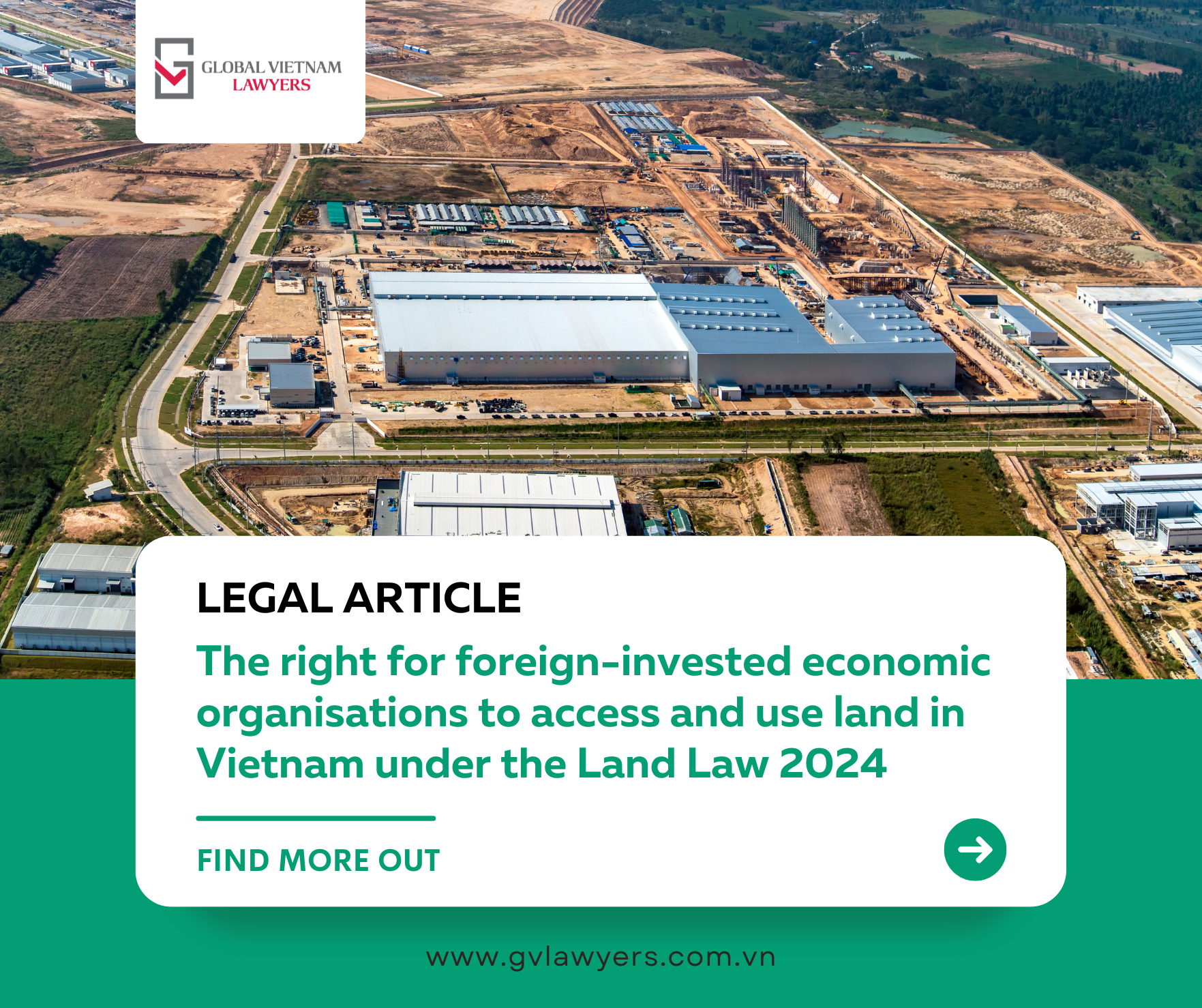GV Lawyers would like to bring you an article written by Lawyers Hoang Thi Hoai Thu, Ho Thi Tram, and Expert Luong Van Ly titled: “Provisions of other laws and codes over the jurisdiction to settle a number of disputes in specialized fields” posted on Vietnam Lawyers Online on May 08, 2020.
***
(LSO) – As a continuation of the previous article about the topic “The jurisdiction to resolve disputes in commercial contracts given the changing situation caused by Covid-19“. So how do other laws and codes regulate the jurisdiction to resolve some disputes in specialized fields? Vietnam Lawyers Online is pleased to bring you the next article on this topic.
Commercial Law 2005
In line with the 2015 Civil Code which stipulates that the jurisdiction to resolve disputes is only given to the Court, or to the Court and Arbitration and/or other competent authorities, Commercial Law 2005 also regulates the authority to resolve disputes between parties as in Article 317 on the forms of resolving disputes in commercial activities as follows: negotiations or mediations between the parties conducted by an agency, organization or individual agreed upon by the parties to act as an intermediary; or settling disputes at arbitration centers or courts.
Instead of stipulating that the jurisdiction to resolve disputes belongs to the “Court” so that readers can understand and interpret the “Court” in this case as the Court and Arbitration, Article 317 clearly specifies that the jurisdiction to resolve disputes in commercial activities is given to both the Court and Arbitration (subject to the agreement of the parties, in accordance with the relevant provisions).
Land Law 2013
Article 203 of the 2013 Land Law states that “Land disputes that have been mediated at communal People’s Committees but unsuccessfully, are resolved as follows: 1. Land disputes in which the concerned persons have certificates or one of the papers specified in Article 100 of the 2013 Land Law and disputes over properties attached to land are settled by the people’s courts; 2. Land disputes where the concerned persons do not have certificates or one of the papers stipulated in Article 100 of the 2013 Land Law, they may only choose one of the two forms of land dispute resolution as follows: (i) Filing a request for dispute resolution at the People’s Committee of competent level in accordance with Clause 3 Article 203 of the 2013 Land Law; (ii) Initiating a lawsuit at a competent People’s Court in accordance with the law on civil procedures.
Thus, the 2013 Land Law clearly regulates this issue, depending on each situation involving legal documents of the disputed land, People’s Committee or the Court will have the jurisdiction to resolve the land dispute. When making references to Article 203 of the Land Law, it cannot be interpreted that the “Court” referred to in the Law includes both the Court and Arbitration.
In our opinion, the 2013 Land Law does not grant the jurisdiction to resolve land disputes to an Arbitration body, because the “Court” referred to in Article 203 of the 2013 Land Law needs to and must only be interpreted in its most general sense and consistent with its inherent meaning (in accordance with the Law on Organization of People’s Courts 2014 and other laws/codes), which means “Court” is simply a Court (a judicial body with the authority to adjudicate disputes of the Socialist Republic of Vietnam) without including the Arbitration body (a mode of dispute resolution as agreed by the parties and proceeded in accordance with the Law on Commercial Arbitration 2010) or any other bodies.
Labour Code 2012
According to Article 200 of the 2012 Labour Code, agencies and individuals competent to settle individual labour disputes include: Labour mediators and People’s Courts.
According to Article 203 of the 2012 Labour Code, agencies, organizations and individuals competent to settle collective labour disputes (disputes over rights) include: Labour mediators; Chairmen of district People’s Committees; People’s courts.
Apart from the above-mentioned agencies, the 2012 Labour Code does not grant the authority to resolve labour disputes to any other agencies. In fact, arbitration bodies also do not accept and resolve labour disputes.
In short, from the above analysis, we can see that when the current law indicates that the jurisdiction to resolve disputes in general or disputes arising in a fundamentally-changed environment belongs to the “Court”, it can only be interpreted that the law is referring to the Court instead of including an Arbitration body or other competent authorities. If contracts between the parties (merchants or at least one party is a merchant and the contract is for profit) contain a provision to resolve disputes by arbitration, then this provision is deemed to apply only to the disputes arising out of a contract and under “normal” conditions. This arbitration clause will not be applied in the event of a dispute arising from a fundamentally changed environment. If the arbitration clause in the contract clearly states that the arbitration body will resolve the dispute when the environment changes fundamentally, then that point will likely be nullified.
Why is there a view that arbitration bodies have the authority to resolve disputes arising from a fundamentally changed situation?
Why is there a view that arbitration bodies have the authority to resolve disputes arising from a fundamentally changed situation? Perhaps this view comes into existence as a result of some references to the process of interpreting and applying laws in some parts of the world regarding the jurisdiction to resolve disputes arising from fundamentally changed situations.
For example, the case law applying PICC in the ICC International Court of Arbitration (No. 7365/FMS, No. 8873, 9994, 12446 …) and the practice of arbitration in many countries (Netherlands, Germany, …) show that although the law designates a “Court” as the adjudicating body, the term “Court” here is interpreted to include Arbitration Court and still allows Arbitrators to have jurisdiction over the disputes arising from fundamentally changed situations.
Should the arbitration body be given the authority to resolve disputes arising from fundamentally changed situations?
In practice, the settlement of commercial disputes by arbitration, one of the alternative dispute resolution methods (“ADR”), has been very effective over the past time. In addition, Article 2 of the 2010 Commercial Arbitration Law also stipulates quite “open” on the jurisdiction to settle disputes by arbitration, including:
- Disputes arising from commercial activities;
- Disputes between parties in which at least one party has commercial activities;
- Other disputes which the law allows to be resolved by arbitration.
Moreover, when the situation changes, the relationship between the parties to a commercial contract remains unchanged and the dispute between them is inherently one arising from commercial activities, satisfying the conditions for settlement by arbitration in accordance with Clause 2, Article 2 of the 2010 Commercial Arbitration Law. Thus, with the effectiveness of ADR and the open regulation of the 2010 Commercial Arbitration Law, it is evident that Article 420 of the 2015 Civil Code should be supplemented.
Proposing to amend the 2015 Civil Code and supplement the 2005 Commercial Law
Therefore, in order to ensure consistency between the Civil Code and the Commercial Arbitration Law as well as in line with international practice, we propose to supplement Article 420 of the 2015 Civil Code 2015 in the direction of allowing arbitration bodies to resolve disputes arising from fundamentally changed situations. At the same time, the 2005 Commercial Law should be supplemented with the regulation on contract performance in fundamentally changed situations. Accordingly, arbitrators will have full authority to amend or terminate contracts as Courts now do.









